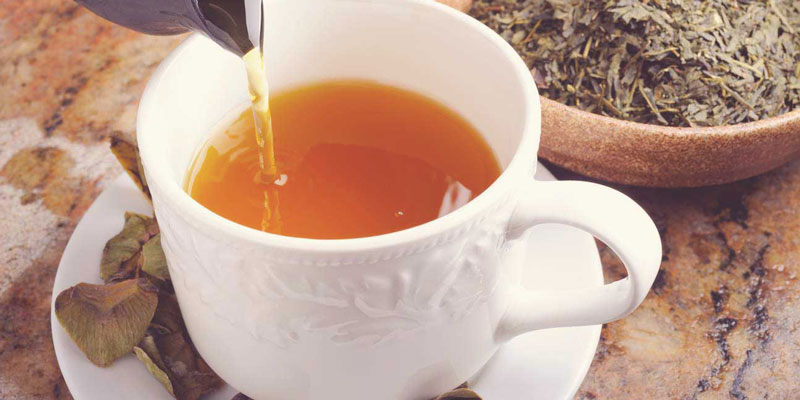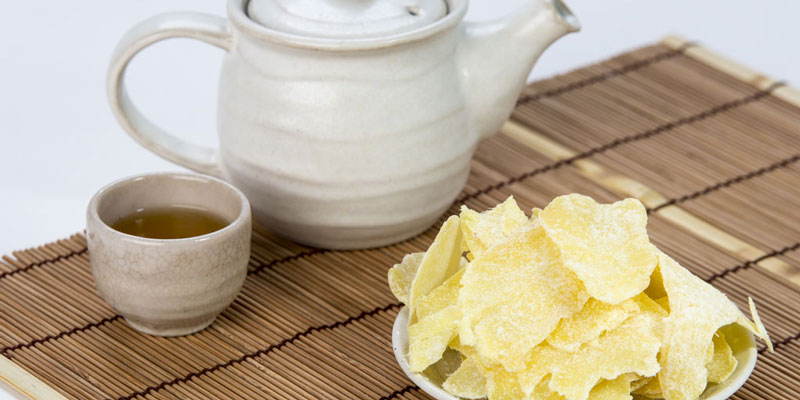1 Recognizing Tea Intoxication Symptoms

The first signs of tea intoxication include dizziness, nausea, sweating, cold hands, fatigue, and extreme discomfort. In more severe cases, low blood sugar can lead to fainting.
2 Why Do People Get Tea-Intoxicated?
Tea intoxication usually occurs due to either infrequent tea consumption or overconsumption. Tea contains three compounds that can lead to intoxication: catechin, theanine, and caffeine. While these compounds are generally beneficial, some individuals may not tolerate them well and can experience tea intoxication.

For frequent tea drinkers who do not experience intoxication (especially those from the northern regions), it is because they have built up a tolerance to tea and the daily dosage. However, occasional tea drinkers or those who suddenly consume excessive amounts may experience tea intoxication.
3 How to Handle Tea Intoxication
If you find yourself suffering from tea intoxication, here’s what you should do:
– Rest completely.
– Drink plenty of water.
– Warm your hands and feet, then massage your temples and the area between your eyebrows to reduce discomfort.
– Consume ginger, lemon, and sugar mixed with water to help stabilize your heart rate.
– Eat candy, jam, or biscuits to counter low blood sugar.

Note: Avoid attempting to work or drive when suffering from tea intoxication, as it can lead to fainting due to low blood sugar. If you’ve rested and tried these remedies without improvement, seek medical attention promptly.
4 Precautions When Drinking Tea
– Avoid drinking overly strong or excessive amounts of tea.
– If you have heart or blood pressure issues, refrain from or limit your tea intake.
5 Times to Avoid Drinking Tea
– When running a high fever, avoid tea as it can elevate your body temperature further and reduce the effectiveness of fever-reducing medications.
– If you suffer from nervous exhaustion, refrain from drinking tea in the afternoon or evening, as it may cause insomnia and sleep disturbances.
– For those with liver disease, excessive tea consumption can lead to severe liver damage.

– Pregnant women should avoid drinking strong tea in large quantities, as it can impact the development of the fetus.
– Tea can increase the production of stomach acid, so it’s best avoided if you have stomach ulcers.
– Refrain from drinking tea when intoxicated with alcohol, as it puts additional strain on your heart and liver.
See also: 9 Simple Yet Effective Tips
In conclusion, while tea intoxication won’t kill you, it can certainly make you uncomfortable for a short while. Proper handling of the situation is crucial to avoid serious consequences. Hopefully, this article has provided you with valuable insights.
































